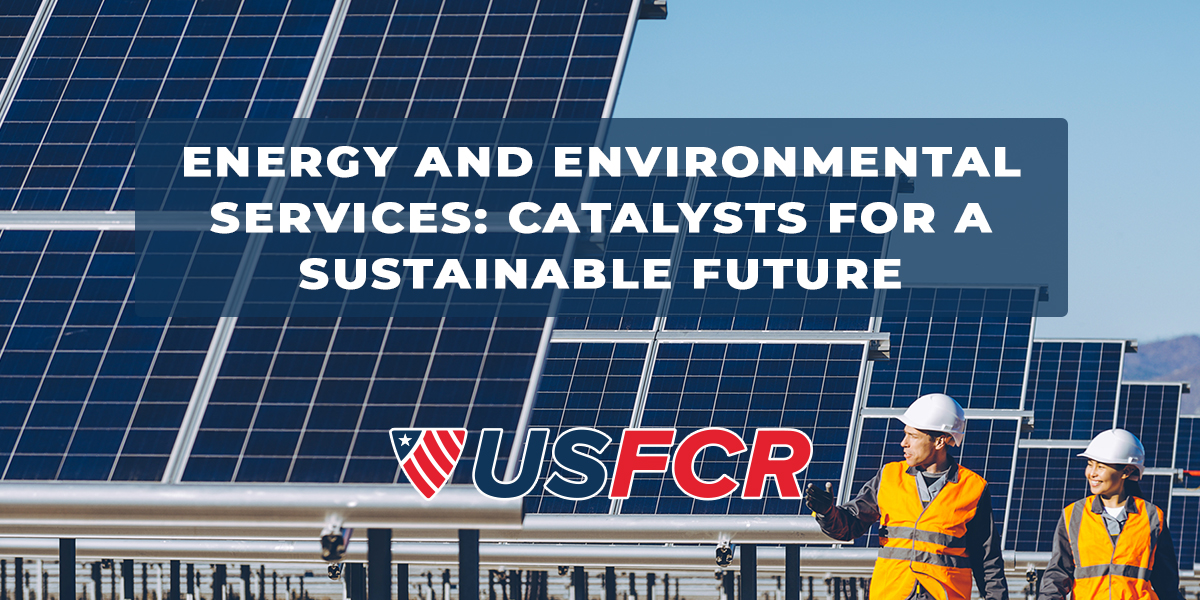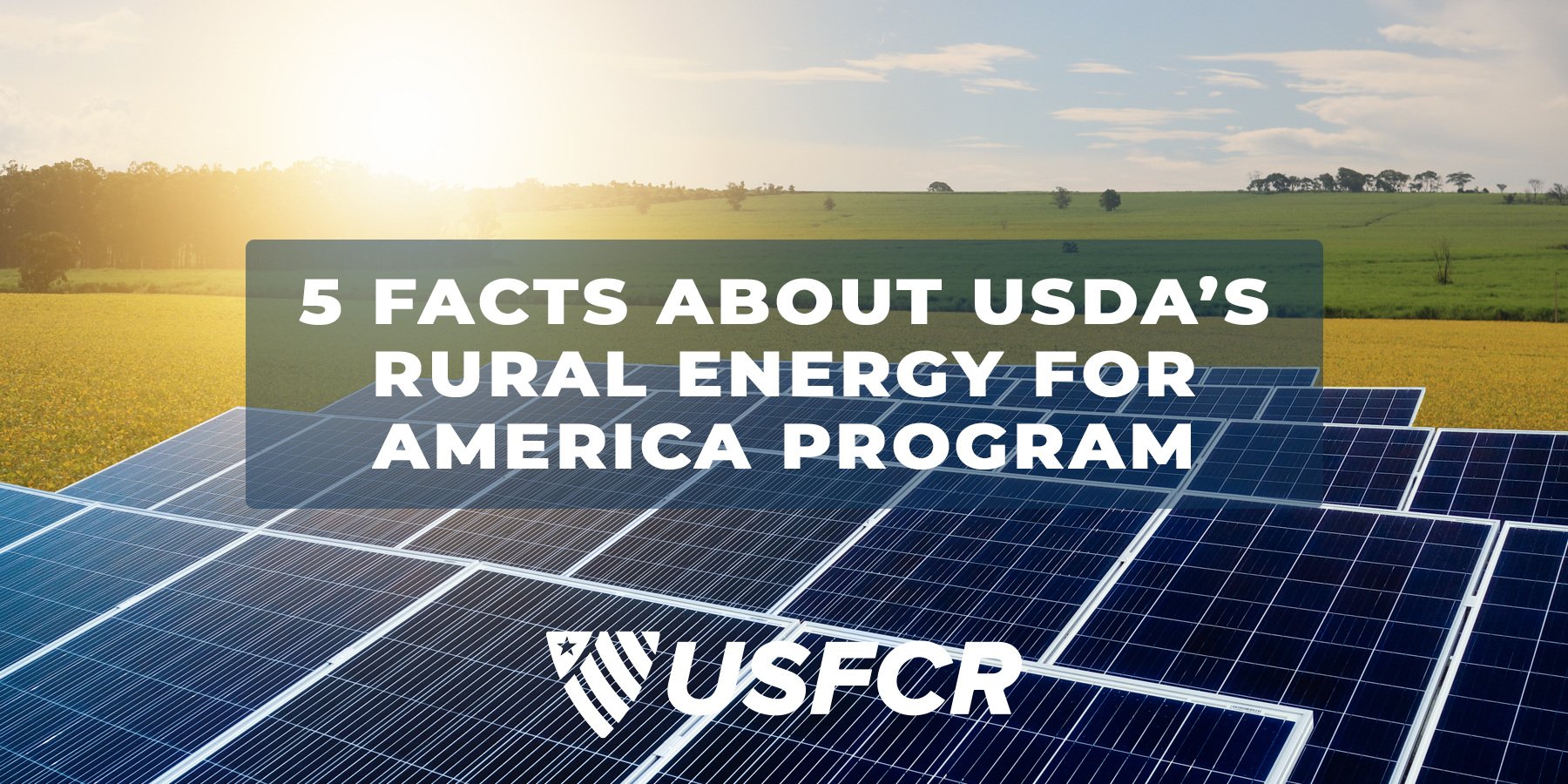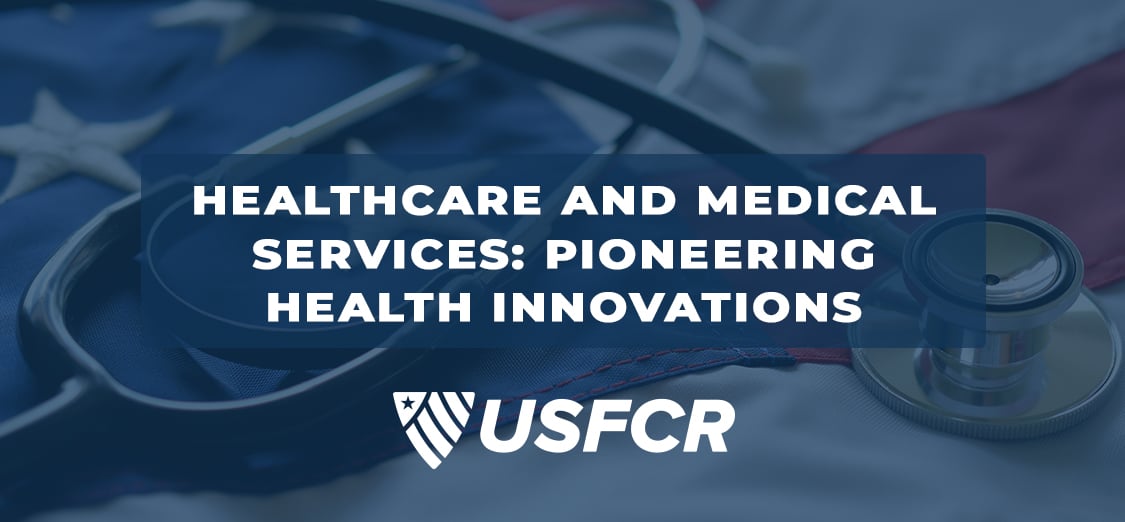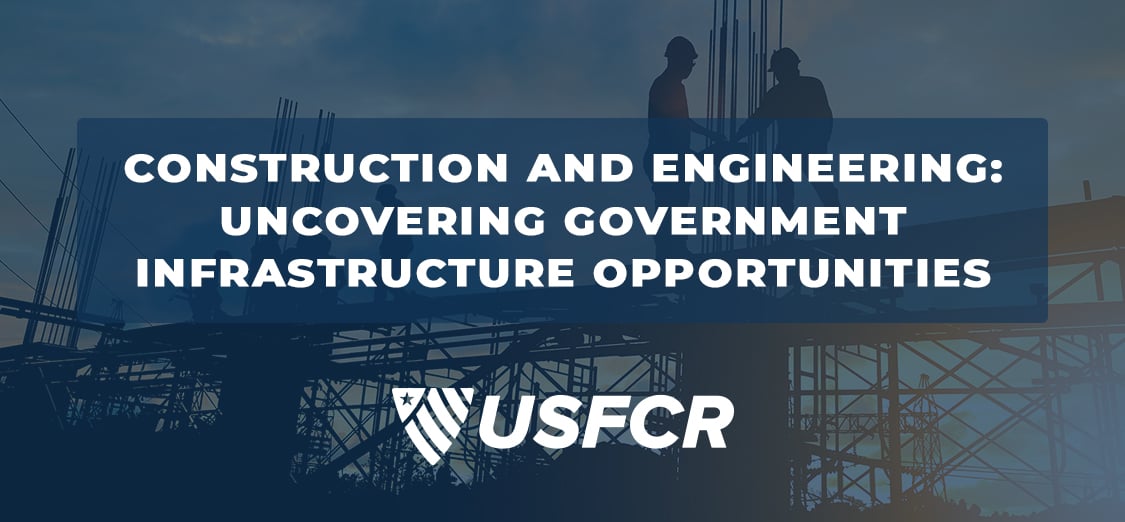Financial Services: Steering Fiscal Responsibility
Maintaining fiscal responsibility and accountability is essential in federal operations. With government spending under scrutiny, your expertise in auditing, accounting, and financial management is more valuable than ever. This guide shows how your firm can help the government achieve better fiscal discipline and transparency.










